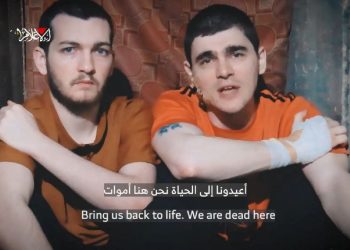Will Grogan stared blankly at his ninth grade biology classwork. It was material he had mastered the day before, but it looked utterly unfamiliar.
“I don’t know what you’re talking about,” he blurted. His teacher and classmates reminded him how adeptly he’d answered questions about the topic during the previous class. “I’ve never seen this before,” he insisted, becoming so distressed that the teacher excused him to visit the school nurse.
The episode, earlier this year, was one of numerous cognitive mix-ups that plagued Will, 15, after he contracted the coronavirus in October, along with issues like fatigue and severe leg pain.
As young people across the country prepare to return to school, many are struggling to recover from lingering post-COVID neurological, physical or psychiatric symptoms. Often called “long COVID,” the symptoms and their duration vary, as does the severity.
Studies estimate long COVID may affect between 10% and 30% of adults infected with the…















